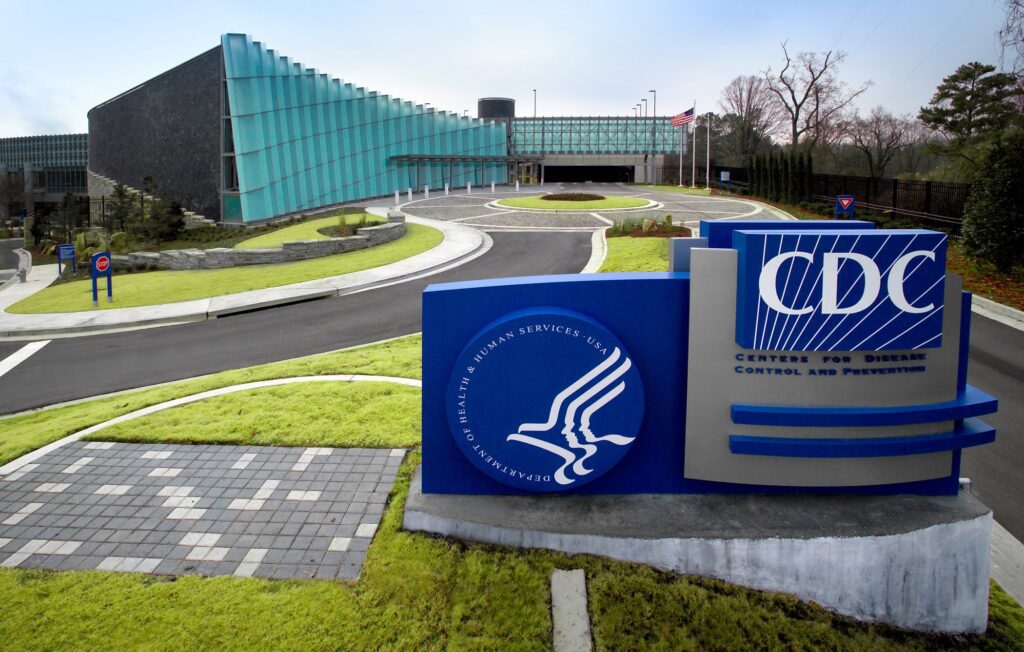Dr. Rochelle Walensky, Director of the Centers for Disease Control and Prevention (CDC), is urging reorganization of the agency, saying that the potential “reset” comes after problems with the CDC’s response to the COVID-19 pandemic, the New York Times reported.
“To be frank, we are responsible for some pretty dramatic, pretty public mistakes, from testing to data to communications,” Dr. Walensky said, addressing the 11,000 employees of the agency.
The CDC has long come under fire for its lack of action against new health threats, and during the COVID-19 pandemic, the public dissatisfaction with the agency only grew.
According to experts, CBS News reports, “CDC was slow to recognize how much virus was entering the U.S. from Europe, to recommend people wear masks, to say the virus can spread through the air, and to ramp up systematic testing for new variants.”
Dr. Walensky has long been urging a CDC reorganization and change at the agency, emphasizing the need for quicker and more efficient communication.
“I feel like it’s my responsibility to lead this agency to a better place after a really challenging three years,” Walensky said in a statement to the Associated Press.
What would a CDC reorganization look like?
The director gave a brief overview of how she intends to change operations by focusing on the demands of public health, particularly with a quicker reaction to emergencies like infectious disease epidemics.
Regardless of who led the agency, “an honest and unbiased read of our recent history will yield the same conclusion,” Dr. Walensky the agency, per the New York Times. “It is time for CDC to change.”
Dr. Walensky’s major priority is to communicate hazards to public health in basic language that can be understood without having to trawl through lengthy website pages.
According to Reuters, providing the CDC with the authority to require states to provide data is one of the agency’s modernization plans. Other changes will enable the CDC to hire people more rapidly and offer attractive salaries. These two actions will need Congress’s support and authorization.
Jason Schwartz, a health policy researcher at the Yale School of Public Health, said, “I hope it’s not the end of the story.” He added that he would like to see “a broader accounting” of how the federal government goes about health crises.
More Reading: CDC’s new COVID-19 approach: Measuring local levels




